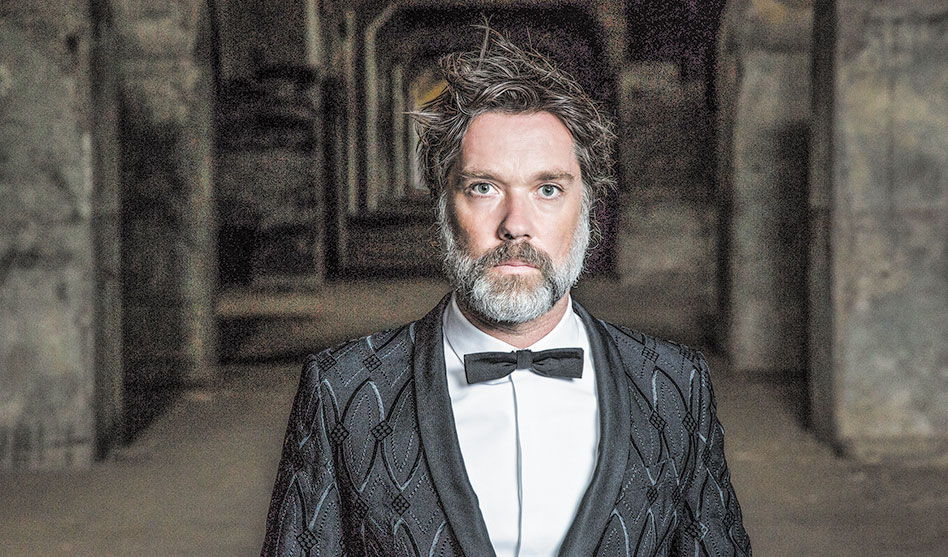The Wright stuff
Rufus Wainwright gets intimate for Dallas
RICH LOPEZ | Staff writer
rich@dallasvoice.com
With an impressive discography, a few Judy Garland homages and even an opera recently staged in Europe, Rufus Wainwright’s career has a certain quietness to it. He’s become a gay icon without the flash of Elton or the pizzazz of Gaga. The proof and his signature elegance will be seen Wednesday night, Sept. 14, when his Unfollow the Rules tour stops in Dallas at the historic Majestic Theatre.
The tour supports Wainwright’s 2020 album of the same name that was released at the height of the pandemic.
This year alone, he’s released Rufus does Judy at Capitol Studios; his queer-centric opera Hadrian premiered in Spain, and he has three more releases scheduled for 2022. And he’s done all this without a massive marketing machine or social media campaign drilling it into the music-buying ether. Instead, he just lets his music speak for itself.
The now-California resident talked from his home in Los Angeles to the Dallas Voice about being on a post-pandemic tour and how Wednesday’s show will be an intimate one, with just him centerstage. Wainwright also talked about the lingering effects of the pandemic and of course, we talked about Judy.
Dallas Voice: This tour seems to have been quite a journey for Unfollow the Rules which came out two years ago. Rufus Wainwright: It’s been a long, spread-out experience. We did this summer tour with the band, but in Dallas, I’m coming alone — Just me and my piano and guitar, which I always think is a good example of my style as this troubadour.
How has the pandemic affected your touring? It’s been a double-edged sword. I can see how it would be devastating for, say, a ballet dancer or actor. The pandemic would be hard to recover from. But I’m also a composer and songwriter, and I have my illustrations, so the time to focus on those was also a very fruitful period in my development as an artist.
Have you found any differences in the audiences before and after COVID? They are not terribly different. I do think they are excited, but there’s also that section that hasn’t returned. They are much more comfortable now and addicted to Netflix or Hulu and still accustomed to having entertainment brought to them. That audience now is a hard nut to crack. It’s a different world now, but I’m also hopeful for the world at the moment.
You juggle a lot of different music-based projects. Operas, live recordings, your homages to Judy Garland and then new music. Do you have a process when you land on one over the others? I’ve been boomeranging on projects a lot between 2012 and now. I’ve written two operas and recorded one of them. I have a bunch of live records and other things. I’m constantly working and creating stuff. I’m always writing songs along the way, so when it comes time to make an album I have a lot to choose from. So songs you hear on my records are tried and tested. I’m not idle.
Your love for Judy Garland has always been so apparent and profound, but how did she appeal to you? Did she speak to your performer/musician side or to your gay self like she did with so many gay men? I understand her gay legacy, and I can identify with her in that sense, but it was primarily as a performer. She was an artist that still keeps giving and second to none. Gays now don’t relate to her in the way they fell under her spell before. I think my generation was the tail end of that.
In your mind, has there been anyone like her since? Is there a Judy for today’s generation? You could maybe say Tina or Whitney — Barbra Streisand probably. But right now, it’s hard to really find anyone like that.
Wainwright performs at 7:30 p.m. Wednesday, Sept. 14, at the Majestic Theatre. For more information or tickets, visit RufusWainwright.com/tour.

